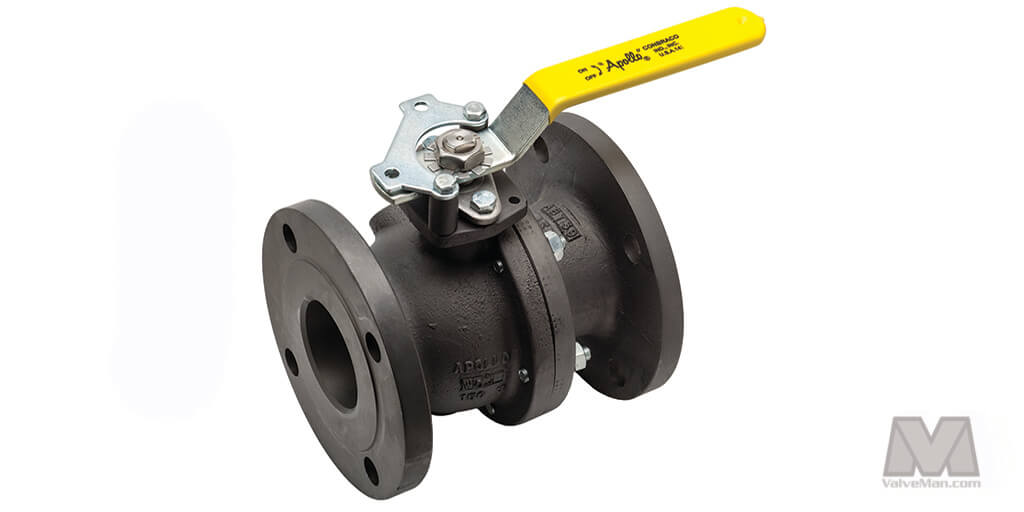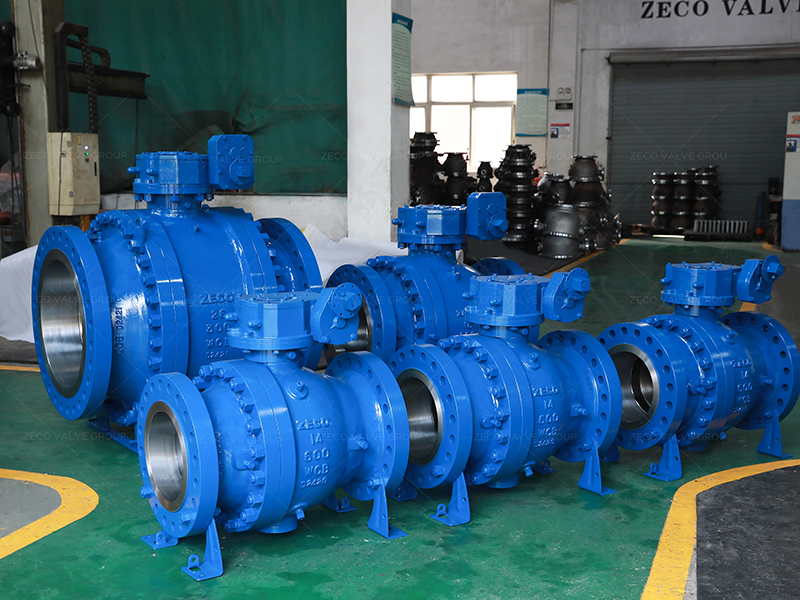Power plants are complex environments where machinery operates under high pressure, and any spark or ignition could have serious consequences. Explosion-proof induction motors are essential for ensuring safe and reliable energy production. This article explores how these motors are used in power plants and how geocomposites can aid in environmental and operational safety.
Why are explosion-proof induction motors necessary in power plants?
Power plants generate large amounts of energy, and with that comes high-risk equipment and volatile gases. Explosion-proof induction motors are designed to safely operate in these environments, preventing sparks or flames from causing dangerous explosions.

How do explosion-proof motors contribute to the safe operation of power plants?
Explosion-proof motors are sealed to contain any internal sparks or electrical faults. This prevents ignition of the hazardous gases and chemicals used in energy production, ensuring that the plant remains safe and operational.
What role do geocomposites play in power plant safety?
Geocomposites are used to control waste runoff and manage soil stabilization around power plants. They prevent environmental contamination and reduce risks associated with hazardous materials, improving the overall safety of the site.
How do explosion-proof induction motors and geocomposites work together in power plants?
In combination, explosion-proof motors and geocomposites help create a safe, efficient energy production environment. The motors protect against ignition hazards, while geocomposites manage environmental risks, stabilizing the site and enhancing operational safety.
Explosion-proof induction motors are crucial for maintaining safety and reliability in power plants, where the risk of ignition is high. Paired with geocomposites, they ensure both operational safety and environmental protection, making power plants safer and more efficient.
